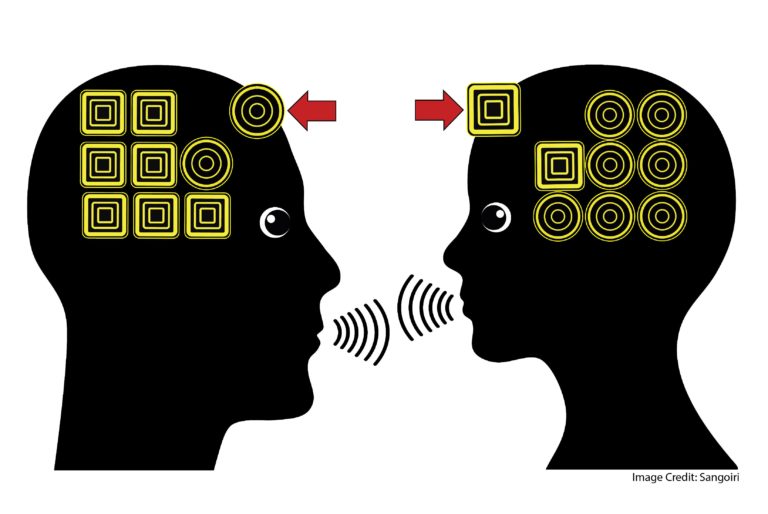-
ABOUT THE AUTHOR
Andrew Watson
Andrew began his classroom life as a high-school English teacher in 1988, and has been working in or near schools ever since. In 2008, Andrew began exploring the practical application of psychology and neuroscience in his classroom. In 2011, he earned his M. Ed. from the “Mind, Brain, Education” program at Harvard University. As President of “Translate the Brain,” Andrew now works with teachers, students, administrators, and parents to make learning easier and teaching more effective. He has presented at schools and workshops across the country; he also serves as an adviser to several organizations, including “The People’s Science.” Andrew is the author of "Learning Begins: The Science of Working Memory and Attention for the Classroom Teacher."
Tags
ADHD adolescence attention autism book review boundary conditions classroom advice conference speakers constructivism/direct instruction creativity desirable difficulty development dual coding elementary school embodied cognition emotion evolution exercise experts and novices gender high school homework intelligence long-term memory math methodology middle school mind-wandering mindfulness Mindset motivation neuromyths neuroscience online learning parents psychology reading retrieval practice self-control skepticism sleep STEM stress technology working memoryRecent Comments
- Goals, Failure, and Emotions: a Conceptual Framework |Education & Teacher Conferences on “Learning from Mistakes” vs. “Learning from Explanations”
- From Destruction to Rebuilding: Hope in Science’s Down Cycle on When Analogies Go Wrong: The Benefits of Stress?
- Dual Coding: Boosting Learning Through Words and Images – White Dragon of East County on Visual & Verbal: Welcome to “Dual Coding”
- "All People Learn the Same Way": Exploring a Debate |Education & Teacher Conferences on The Goldilocks Map by Andrew Watson
- URL on Difference Maker: Enacting Systems Theory in Biology Teaching, by Christian...
ABOUT THE BLOG

“Kids These Days!”: A (Partial) Defense of Ignorance and Distractibility
You’ve seen the videos. An earnest reporter wielding a microphone accosts a college student and…

When Evidence Conflicts with Teachers’ Experience
Here’s an interesting question: do students — on average — benefit when they repeat a grade?…

“Soft” vs. “Hard” Skills: Which Create a Stronger Foundation?
As teachers, should we focus on our students’ understanding of course content, or on our…

I’m Not Excited, YOU’RE Excited (OK: I’m Excited)
I’ve been going to Learning and the Brain conferences since 2008, so it takes a…

Does MOVEMENT Help LEARNING?
In the exaggerated stereotype of an obsessively traditional classroom, students sit perfectly silent and perfectly…

“Students Switch Their Screens Every 19 Seconds.” Sort Of…
I recently read an arresting claim: when students have web browsers open, they switch their…

EduTwitter Can Be Great. No, Really…
Twitter has a terrible reputation, and EduTwitter isn’t an exception. The misinformation. The name-calling. The…

How Can We Help Students Study Better?
This story might sound familiar: You attend a Learning and the Brain conference (like, say,…

Does Online Learning Work? Framing the Debate to Come…
With news that several very effective vaccines will be increasingly available over the upcoming months,…

Seriously: What Motivates Teachers to Be Funny?
To start 2021 in the right spirit, let’s think about humor in the classroom. It…

